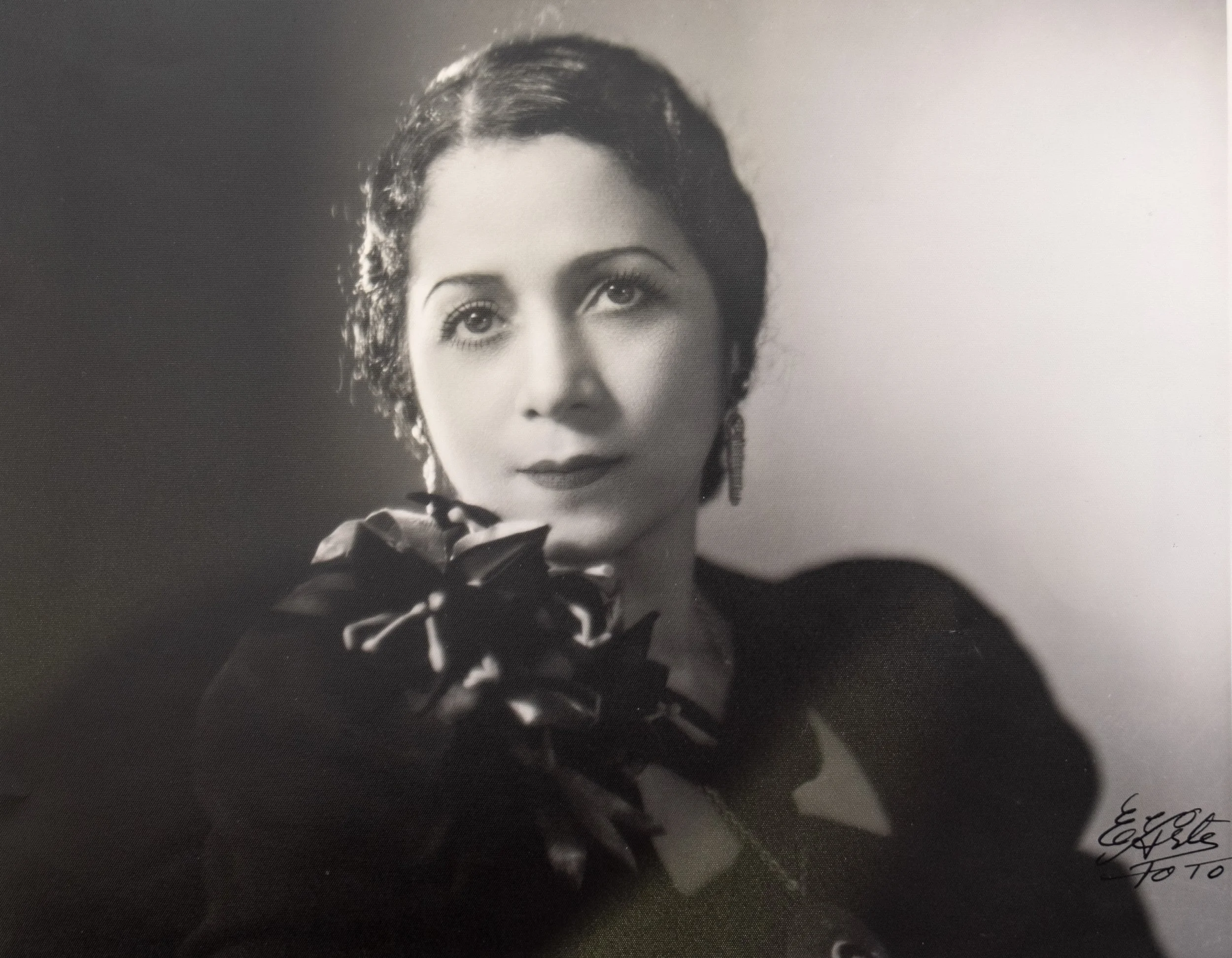John Van Surly DeGrasse
John Van Surly DeGrasse 1825 - 1868
John Van Surly DeGrasse is not just a pioneering Black physician, but the preeminent Black physician who broke the color barrier in medicine. While he was still a teenager, in 1840, DeGrasse enrolled in the Oneida Institute, a Presbyterian school in Whitesboro, New York. In search of change and elite training, DeGrasse traveled to Paris and enjoyed his first experience studying medicine at Aubuk College.
After a few years in Paris, DeGrasse returned to the States and earned his medical degree from Bowdoin College in Maine. When DeGrasse finished at Bowdoin’s Medical School, he was only the second Black student to earn a medical degree in the U.S. With hopes of finely tuning his craft without racial animus disrupting his progress as a doctor, DeGrasse returned to Paris in 1849. In Paris, DeGrasse had the unique opportunity to practice medicine under the tutelage of the famous French surgeon Alfred Velpeau. After two years learning with master surgeon Velpeau, DeGrasse returned to the States.
Degrasse established a medical practice in Boston, Massachusetts, where he became the first Black physician elected to membership in a Massachusetts Medical Society.
Proud to serve his country fighting to end the enslavement of other Black people, DeGrasse served in the Union Army during the Civil War. DeGrasse was the first Black medical officer in the U.S. Army. During the war DeGrasse served as an assistant surgeon for the 35th Regiment of U.S. Colored Infantry.
























